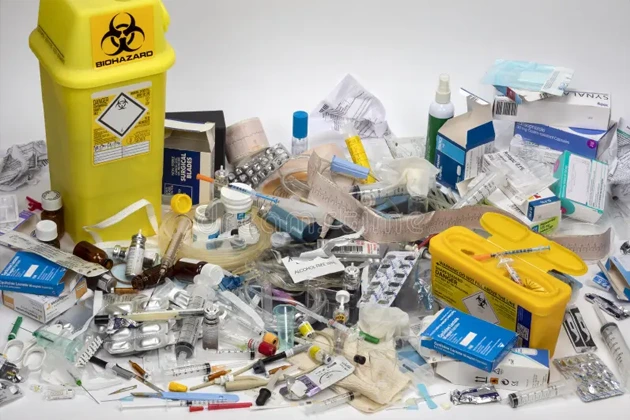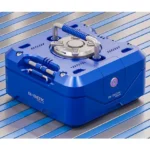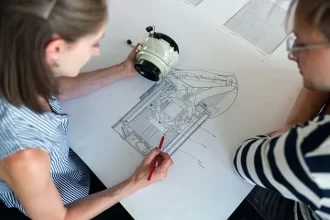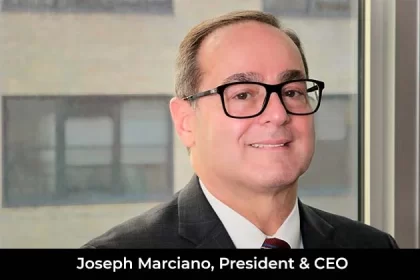In the modern healthcare landscape, the disposal of medical waste is a critical component that directly impacts public health and safety. Proper medical waste management not only ensures the containment of hazardous materials but also plays a significant role in preventing contamination and the spread of disease. Services like Sharpsmart UK have become essential in the effort to maintain high standards of hygiene and safety in medical facilities.
What is Medical Waste?
Medical waste refers to any waste materials generated during the diagnosis, treatment, or immunization of humans and animals. This includes items such as used syringes, bandages, surgical instruments, and laboratory specimens. Given its potentially hazardous nature, improper disposal of medical waste can lead to severe health risks, environmental contamination, and even legal repercussions.
The Risks of Improper Medical Waste Disposal
When medical waste is not handled correctly, it poses a variety of risks:
- Spread of Infectious Diseases: Pathogens from medical waste, such as bacteria and viruses, can find their way into water supplies, soil, or air, leading to outbreaks of infectious diseases. Items like used syringes and needles, if not disposed of properly, can expose healthcare workers and the public to bloodborne diseases such as HIV and hepatitis.
- Environmental Pollution: Disposing of medical waste in landfills or incinerating it improperly releases toxins and pollutants into the environment. This can harm ecosystems, contaminate water supplies, and contribute to air pollution, affecting both wildlife and human populations.
- Physical Injuries: Sharp objects such as needles and scalpels, if discarded carelessly, can cause injuries to sanitation workers, healthcare staff, and others who come into contact with the waste.
- Antimicrobial Resistance: Improper disposal of pharmaceutical waste, including antibiotics, can contribute to the development of antimicrobial resistance. This occurs when antibiotics in the environment encourage the growth of resistant bacteria, posing a significant challenge to modern medicine.
Importance of Safe Medical Waste Disposal
Ensuring proper medical waste disposal is not merely a regulatory requirement but a moral responsibility of healthcare facilities. Here are some key reasons why safe disposal practices are vital:
- Protecting Public Health: Properly disposing of medical waste minimizes the risk of disease transmission. This is especially important in densely populated areas where the potential for exposure is higher.
- Safeguarding Healthcare Workers: Safe disposal protocols protect healthcare workers and waste management personnel from accidental injuries and infections.
- Environmental Preservation: Sustainable disposal methods prevent the contamination of natural resources. Recycling and treatment options reduce the burden on landfills and mitigate the environmental footprint of medical waste.
- Compliance with Legal Standards: Governments and regulatory bodies enforce strict guidelines for medical waste disposal. Non-compliance can lead to heavy fines, legal actions, and reputational damage for healthcare facilities.
Solutions for Proper Medical Waste Disposal
Adopting best practices and leveraging modern solutions can significantly improve the management of medical waste. Companies are paving the way by offering innovative, environmentally friendly disposal systems. Here are some recommended strategies:
- Segregation at the Source: Proper segregation of medical waste into categories—such as sharps, infectious waste, pharmaceutical waste, and general waste—ensures that each type is disposed of appropriately.
- Use of Specialized Containers: Utilizing puncture-resistant, leak-proof containers for sharps and other hazardous materials reduces the risk of injuries and contamination. Sharpsmart UK provides safe and reusable containers designed specifically for this purpose.
- Training and Education: Regular training for healthcare workers on safe waste disposal practices helps minimize errors and enhances compliance with safety standards.
- Partnering with Professional Services: Working with certified waste management providers ensures that medical waste is handled, treated, and disposed of according to legal and environmental guidelines. Companies specialize in delivering efficient and eco-friendly solutions tailored to the needs of healthcare facilities.
- Implementation of Waste Treatment Technologies: Modern technologies such as autoclaving, chemical treatment, and advanced incineration help neutralize hazardous waste, making it safe for disposal.
Conclusion
The importance of proper medical waste disposal cannot be overstated. It is a cornerstone of public health and safety, ensuring that hazardous materials do not pose a risk to communities, healthcare workers, or the environment. By adopting best practices and partnering with innovative providers, healthcare facilities can significantly reduce the risks associated with medical waste. As we strive for a healthier, safer world, investing in effective medical waste management systems remains an essential step forward.










